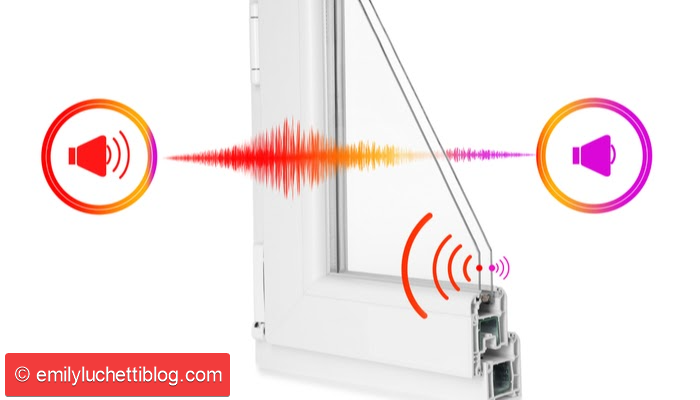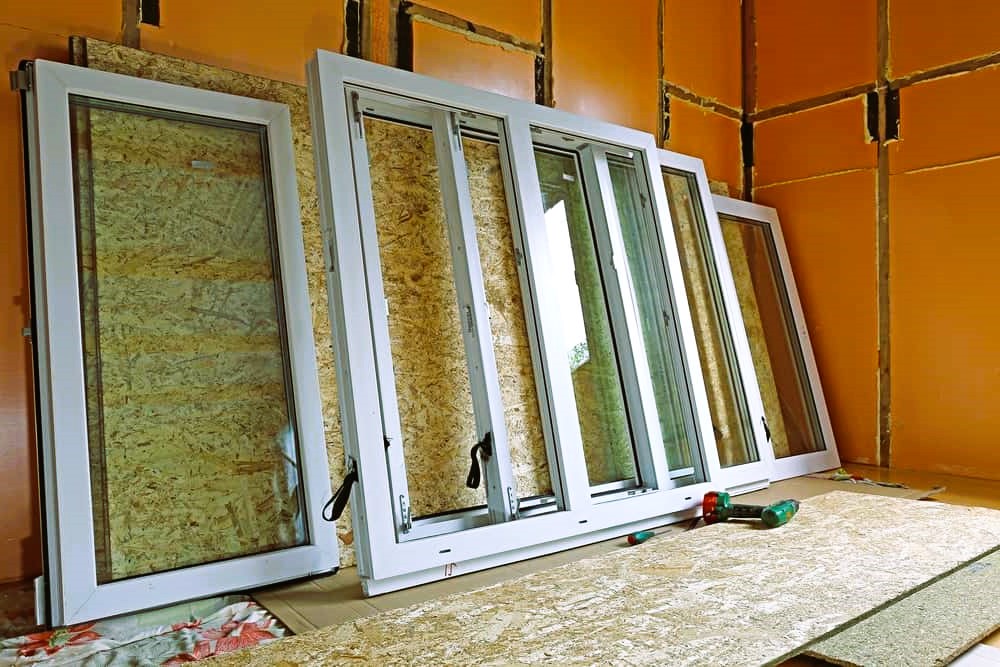Soundproof windows are an essential component of any home or building, providing numerous benefits for those who live or work in noisy environments. They can reduce unwanted noise from traffic, neighbors, or other sources, creating a more peaceful and comfortable living or working space. This article will guide you through the process of choosing and installing soundproof windows.
Benefits of Soundproof Windows
Soundproof windows provide numerous benefits, including:
- Noise reduction: Soundproof windows can reduce unwanted noise by up to 90%, creating a more peaceful and comfortable living or working space.
- Improved privacy: Soundproof windows can also provide improved privacy by reducing the amount of sound that enters or exits the space.
- Increased energy efficiency: Soundproof windows can also provide increased energy efficiency by reducing air leaks and heat loss.
Factors to Consider

When choosing soundproof windows, there are several factors to consider:
- Sound transmission class (STC): The STC measures the amount of sound that is transmitted through the window. Look for windows with a high STC rating to reduce noise transmission.
- Window thickness: The thickness of the window can also impact its soundproofing abilities. Look for windows with a thicker glass pane and larger airspace between the panes.
- Window framing materials: The framing materials of the window can also impact its soundproofing abilities. Vinyl, fiberglass, and wood frames are all good choices for soundproofing.
Installation
Proper installation is crucial to ensure the soundproofing abilities of your windows. Hiring a professional installer with experience in soundproof window installation is recommended to ensure that the windows are properly installed with the right flashing and insulation. It’s also important to ensure that the window frames are airtight to prevent air leaks and reduce noise transmission. Correct installation of the window, more details at the link.
Maintenance

Maintaining your soundproof windows is also essential to ensuring their proper functioning and maximizing their noise-reducing abilities. Keep your windows clean and free of debris to reduce noise transmission and prevent energy loss. Check the weatherstripping and caulking around the windows regularly for cracks or gaps, and replace as needed to maintain an airtight seal.
Conclusion
Choosing and installing soundproof windows can provide numerous benefits for those who live or work in noisy environments. Consider factors such as STC rating, window thickness, and framing materials when selecting your windows, and hire a professional installer for proper installation. Maintaining your windows is also important to ensure their proper functioning and maximize their noise-reducing abilities. By following these tips, you can enhance the peace, comfort, and energy efficiency of your home or building while also reducing unwanted noise.


